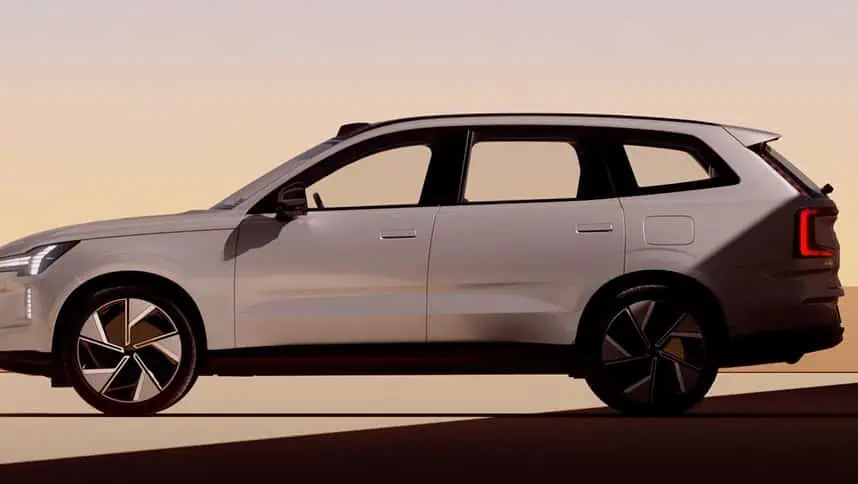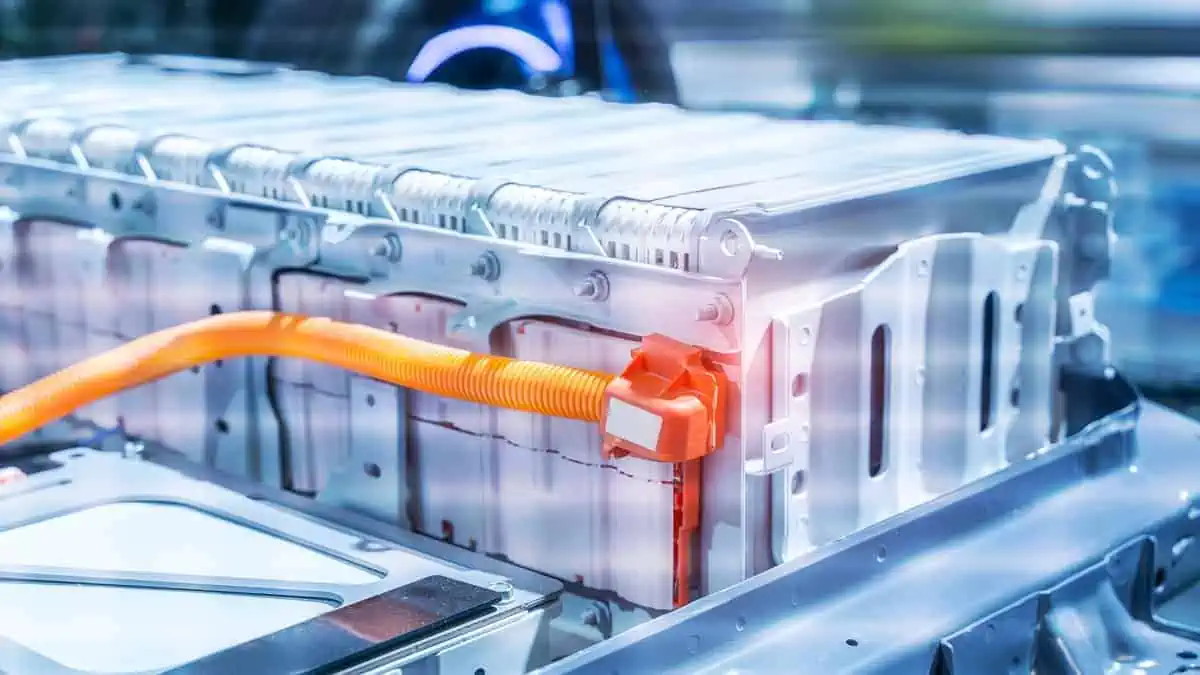Volvo Cars is on track to become the world’s first automaker to launch an electric vehicle battery passport for better transparency. According to Reuters, the new program will debut through the new Volvo EX90 electric SUV.
Volvo to release detailed reports on battery origins & sustainability
Volvo will deliver the electric vehicle industry’s first-ever battery passport with the launch of its flagship EX90 SUV later this year.
The Swedish automaker plans to start the production of the EX90 SUV in the first half of 2024.
Volvo worked with British supply chain traceability technology provider Circulor to develop the battery passport over the past five years, leveraging the latter’s cutting-edge blockchain technology.
Future Volvo EX90 SUV owners can access the simplified version of the battery passport via a QR code inside the driver’s door. Meanwhile, regulators will have a more comprehensive version, including up-to-date EV battery health data. According to Circulor CEO Douglas Johnson-Poensgen, it will cost around $10 per EV for 15 years.
Volvo plans to gradually expand the new program’s coverage across its entire EV lineup.
Prioritizing transparency with detailed battery info
According to the report, the said passport will inform customers about the battery’s key data, such as composition, origin, and carbon footprint.
In effect, it further improves transparency in electric vehicle battery data.
True enough, Volvo’s Global Sustainability Head Vanessa Butani asserted that initiating the battery passport almost three years ahead of the EU’s mandate demonstrates their commitment to transparency with car buyers amid its 2030 all-electric lineup target.
“It’s really important for us to be a pioneer and a leader.”
Volvo’s Global Sustainability Head, Vanessa Butani
EU’s take on ethical sourcing in EVs
The European Union is set to require battery passports for electric vehicles competing in the local market starting on February 2027.
It will demand that electric automakers disclose the composition, origin, carbon footprint, and recycled content of each battery in their electric vehicle fleet.
“Battery passports are an important development for consumers because they will track the state of the vehicle’s battery health over time as the vehicle is charged and discharged. This is especially important for buyers in the used car market who otherwise have no information about battery health. Mileage, for example, doesn’t fully reflect battery health – what matters much more is how the battery was cycled over its life (e.g. slow or fast, how “deep,” etc.). Future customers will be able to learn much more about the vehicle they’re buying from battery passports.”
John Helveston, George Washington University’s Engineering and Systems Management Assistant Professor (via Electrek)
Volvo is one of the first few legacy automakers to commit to becoming an all-electric brand by the end of the decade. Therefore, it is no longer surprising that the Swedish brand is trying to become a leader in this field.
Volvo plans to start producing the new EX90 SUV with a battery passport soon at its existing Charleston factory in South Carolina. It will be available in the European and North American markets from the second half of the year.
Presented below are the available trims for the new Volvo EX90 in the US market when it launches this year, alongside their base prices:
2025 Volvo EX90 trim | Starting price (*excluding destination) |
| Twin Motor Plus 7-seater | $76,695 |
| Twin Motor Plus 6-seater | $77,195 |
| Twin Motor Ultra 7-seater | $81,045 |
| Twin Motor Ultra 6-seater | $81,545 |
| Performance Plus 7-seater | $81,695 |
| Performance Plus 6-seater | $82,195 |
| Performance Ultra 7-seater | $86,045 |
| Performance Ultra 6-seater | $86,545 |






